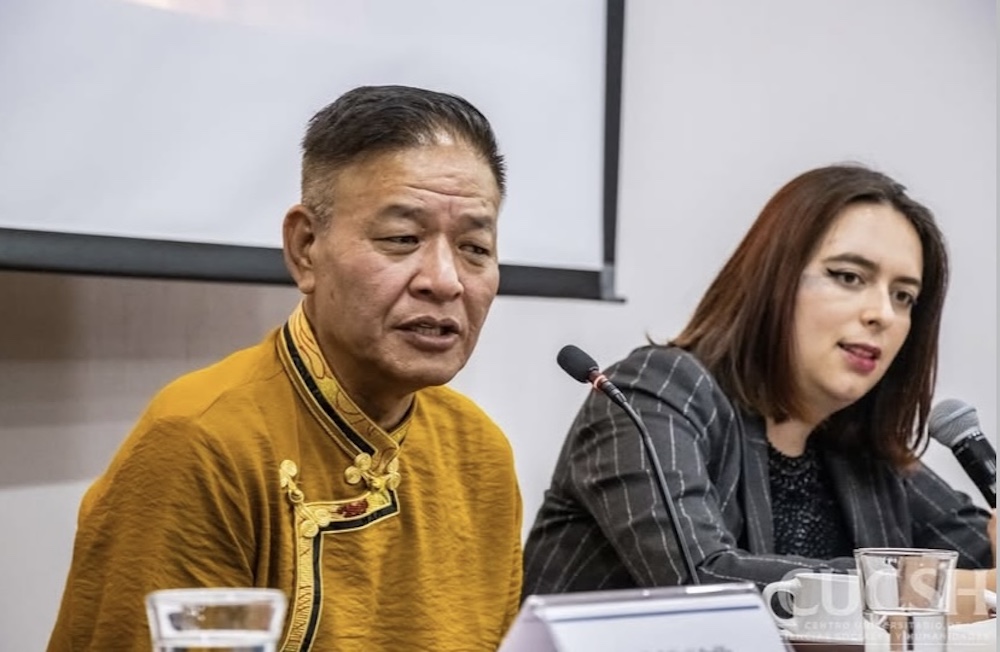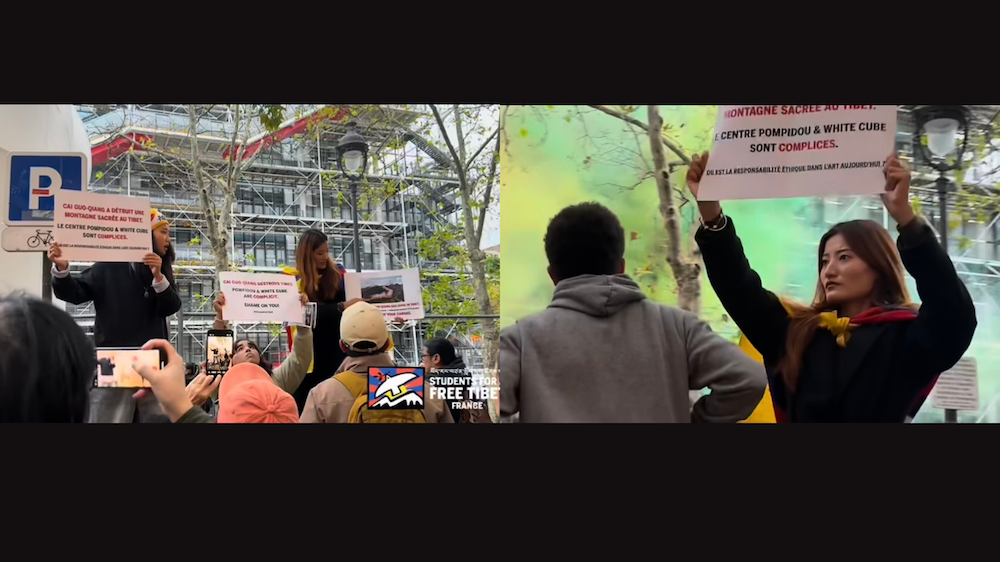According to the decisions of the UN Human Rights Council during the first segment of its Sixth session in September 2007, China’s human rights record will come up for scrutiny by the UN’s highest human rights body in early 2009.
This will happen under the new Universal Periodic Review (UPR) mechanism established in the Council whereby the human rights situations in all 192 Member States of the United Nations will be examined by a Working Group. This Working Group chaired by the Council’s President will conduct the first cycle of the UPR from 2008 to 2011, in twelve sessions, involving 48 countries per year.
A background note by the Office of the UN High Commissioner for Human Rights says that through this UPR mechanism, “the Council will review on a periodic basis the fulfillment of the human rights obligations of all countries. It will ensure that all States, including members of the Council, are treated equally and are subject to a review of their human rights record.”
Beginning with Bahrain, the first session of the Council’s UPR Working Group is scheduled to meet from 7-18 April 2008 to examine the situations of 16 countries, including Indonesia, India and Philippines. China along with Bangladesh, Jordan, Malaysia will appear before the UPR Working Group’s Fourth session around the same time in early 2009.
Speaking to the September session of the Council, Ms. Louis Arbour, the UN High Commissioner for Human Rights, encouraged the Council Members “to take all necessary steps to ensure that activities related to the Universal Periodic Review begin at the earliest date possible. We are acutely aware that the credibility of the United Nations human rights system hinges upon satisfactory implementation of the review, since the UPR has the potential to greatly influence and address human rights situations on the ground.”
During its initial year of work, the Human Rights Council was sharply criticized by many for failing to take actions on alarming human rights situations in many countries with the United States deciding not to stand up for election to the body this year. However, Ambassador Doru Costea of Romania, the current President of Council, rejected the idea that the Council should be scrapped and re-started from scratch. “The institution must be tested where it now stands. However, I would be concerned if the Council already had a perfect image,” he told to the media on 29 September.
Tibetan UN Advocacy believes that the UPR mechanism of the Council will provide the opportunity for a governmental body of the United Nations to have a substantive examination on the human rights situation affecting the Tibetan people as a result of China’s policy.
“It is an opportunity Tibetans must grasp and ensure that the UN’s highest human rights body becomes fully aware of the ground situation in Tibet and takes appropriate actions,” said Ngawang Choephel, President of this new Tibetan NGO in Geneva established in September 2007.
On 30 October, a representative of China told the Third Committee of the 62nd UN General Assembly in New York that “the Universal Periodic Review should become a mechanism of cooperation based on objectivity, transparency, non-selectivity, non-confrontation, non-politicization and constructiveness. Civil and political rights were not superior or inferior to economic, social and cultural rights, and the Council should treat those two categories objectively and equally.”
The last attempt to have a substantive debate on China’s human rights record at the now-dissolved UN Commission on Human Rights was in 2004 when while introducing the resolution on China, the American delegate said: “The United States valued its relationship with China and believed that sustaining it required continued progress on human rights. It was therefore disappointed by China’s failure to meet the commitments made at the United States – China Human Rights Dialogue in December 2002 or to make good on its stated intention to expand cooperation on human rights in 2003. A number of incidents in 2003 had called into question China’s willingness to improve its protection of the right of its citizens to peacefully express their views, organize, or practice their faith. That included arrests or detentions of democracy activists, Internet dissidents, protesting workers, members of the clergy, HIV/AIDS activists, notably Hu Jia, and defence lawyers, as well as the continued repression of Tibetan Buddhists, Uighur Muslims and Falun Gong practitioners.”
To this statement, China’s representative responded that it, “was not introducing a no-action motion because it refused to discuss its human rights situation. On the contrary, it welcomed well-meaning criticism and suggestions from other countries. But the anti-Chinese draft resolution introduced by the United States was designed to serve electoral interests in the future presidential elections and did not reflect a genuine concern for human rights. Anxious to maintain the dignity, objectivity and impartiality of the Commission, his delegation urged its members to vote in favour of the no-action motion.”
The vote on the no action motion proposal was 28 in China’s favour, with 16 against and 9 abstentions, effectively blocking the resolution’s hope to have a real discussion on the human rights situation in present-day People’s Republic of China.
China’s appearances before the Human Rights Council’s UPR Working Group in 2009 will come a few months after the UN Committee against Torture (CAT) reviews China’s Fourth Report to this monitoring body on how countries are implementing the UN Convention against Torture and Other Cruel, Inhuman or Degrading Treatment or Punishment. When the Committee last reviewed China in May 2000, it expressed concern “about the continuing allegations of serious incidents of torture, especially involving Tibetans and other national minorities.”
Established on 25 September 2007, Tibetan UN Advocacy is a NGO based in Geneva, Switzerland which is the headquarters of the UN Human Rights Treaty Bodies, the UN Human Rights Council and the Office of UN High Commissioner for Human Rights. The NGO is a non-profit organisation governed by the Articles of Association, pursuant to Articles 60 et seq. of the Swiss Civil Code.
Website: www.tibetatun.org
Email: info@tibetatun.org
Tibetan UN Advocacy
Geneva, Switzerland
12 November, 2007









